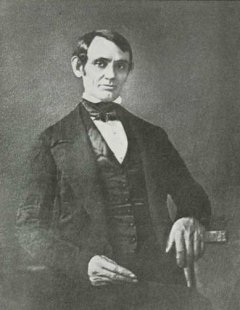Yesterday, at about five o’clock in the afternoon, when the daily labours in this mine were over, and all the workmen were together awaiting their supper, we saw coming through the air, from the side of the ternera, a gigantic bird, which at first sight we took for one of the clouds then partially darkening the atmosphere, supposing it to have been separated from the rest by the wind. Its course was from north-west to south-east; its flight rapid and in a straight line. As it was passing a short distance above our heads we could mark the strange formation of its body. Its immense wings were clothed with a grayish plumage, its monstrous head was like that of a locust, its eyes were wide open and shone like burning coals; it seemed to be covered with something resembling the thick and stout bristles of a boar, while on its body, elongated like that of a serpent, we could only see brilliant scales, which clashed together with a metallic sound as the strange animal turned its body in its flight.
— “Copiapo (Chili) paper,” quoted in The Zoologist, July 1868




